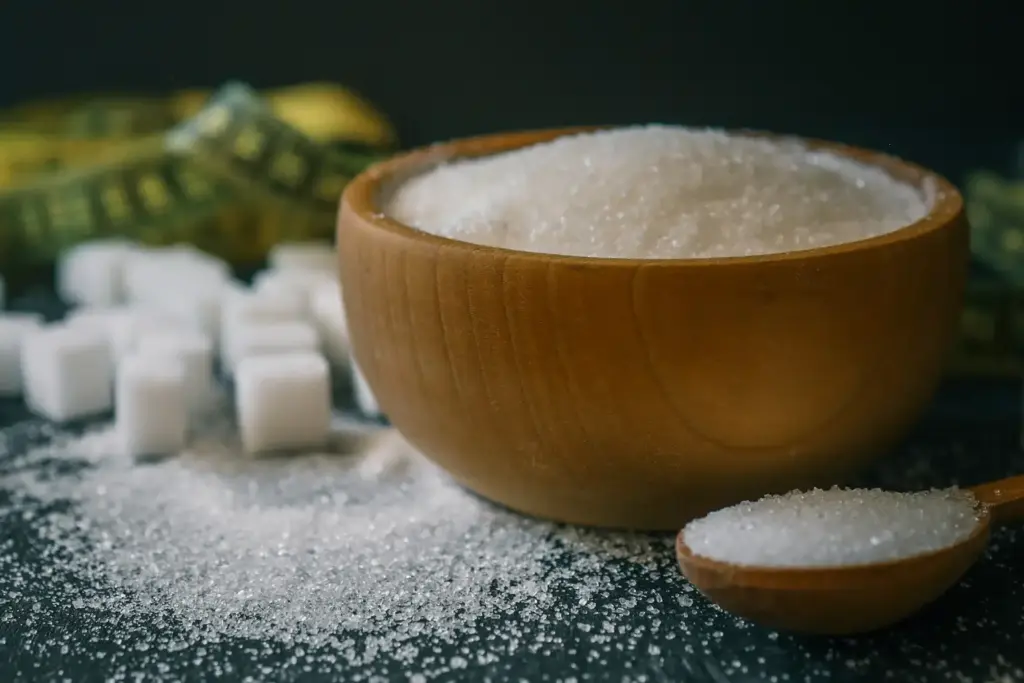
Sweeteners and cognitive health: Sweeteners commonly used in yoghurts, fizzy drinks and other “diet” products may be linked with a quicker decline in thinking and memory, according to research published in Neurology.
In a cohort of 12,772 Brazilian civil servants (average age 52), followed for about eight years, those with the highest intake of low- and no-calorie sweeteners (LNCs), notably aspartame, saccharin, acesulfame-K, erythritol, sorbitol, and xylitol, experienced 62% faster deterioration in cognitive performance than low-intake peers, roughly equivalent to 1.6 years of additional ageing, the authors reported.
Also Read | Popular sugar substitute erythritol may harm blood vessels, cause stroke
The team, led by researchers at the George Institute for Global Health (Australia and India) and the University of São Paulo, assessed diets via food-frequency questionnaires and later tested verbal fluency, word recall, and global cognition.
Daily low- and no-calorie sweetener consumption was associated with accelerated decline across these measures, an effect observed only in participants under 60, the study noted. Citing prior evidence that links some sweeteners to metabolic and gut effects, the authors warned of “possible long-term harm” to brain health and suggested consumers opt for tagatose or natural alternatives such as honey or maple syrup instead.
Industry groups challenged the findings, stressing the study’s observational design. The British Soft Drinks Association said the research “cannot prove cause,” adding that non-sugar sweeteners are deemed safe by global regulators and have helped remove large amounts of sugar from products. The International Sweeteners Association likewise argued that a statistical association does not establish causation.
Researchers said further trials are needed to test whether reducing artificial sweeteners can slow cognitive decline and to clarify which compounds, doses and age groups carry the most risk.
(Source: The Neurology)








